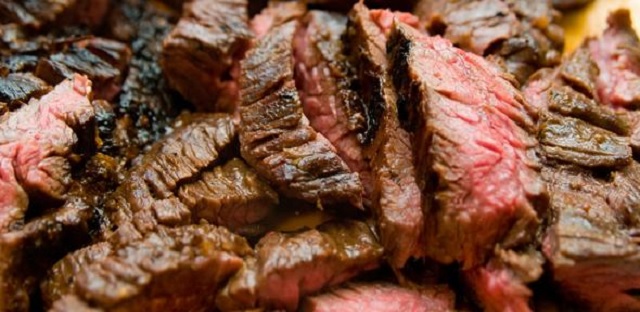 Image Credit: Joshua Bousel.
Image Credit: Joshua Bousel.
The rising demand for food products has made a significant impact on the environment. A new study published in Nature Climate Change, suggests that if this trend continues then food production will be equal to the worldwide targets set for greenhouse gas (GHG) emissions in 2050.
With global tastes shifting towards Western meat-heavy diets, agricultural produce will not be sufficient to meet global demand. As a result, more and more land around the world is being cultivated, leading to increased deforestation.
Major deforestation will result in biodiversity loss and increase carbon emissions. Likewise, increased livestock production will contribute to increased methane levels.
In view of these facts, it is important to manage and change the current demand for certain food products. One way to achieve this is to encourage people to adopt healthy and balanced diets and to reduce waste. These measures would not only help in reducing climate change but would also ensure that there is sufficient food for all.
Managing food products and reducing food waste can help to mitigate some of the greenhouse effect that contributes to climate change. Closing agricultural yield gaps can also help to achieve global food security without having to expand crop land.
The researchers at the University of Cambridge and the University of Aberdeen found that moderate meat consumption and reduced food waste are very important factors if we want to mitigate the greenhouse effect.